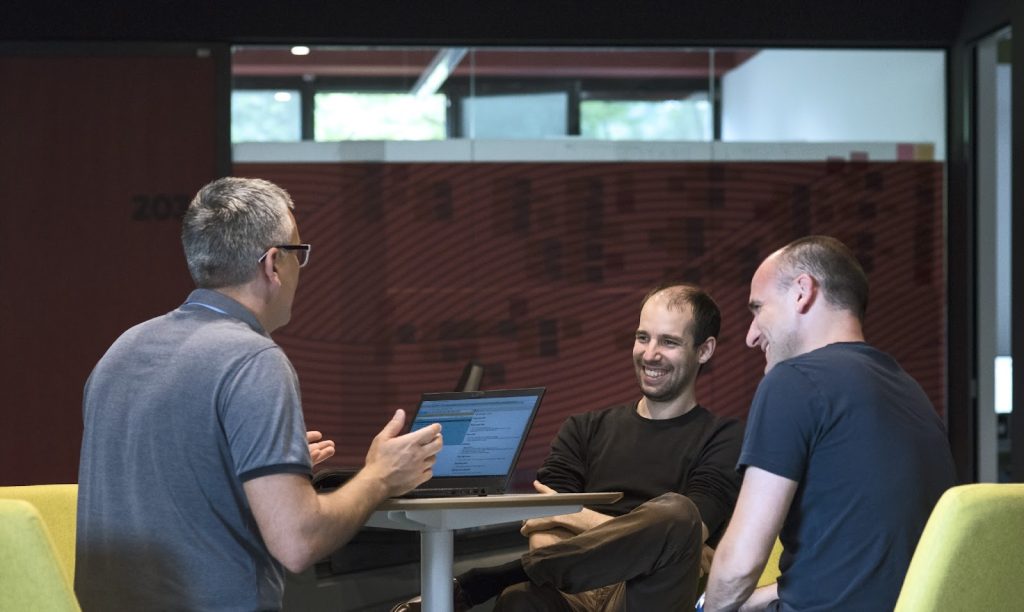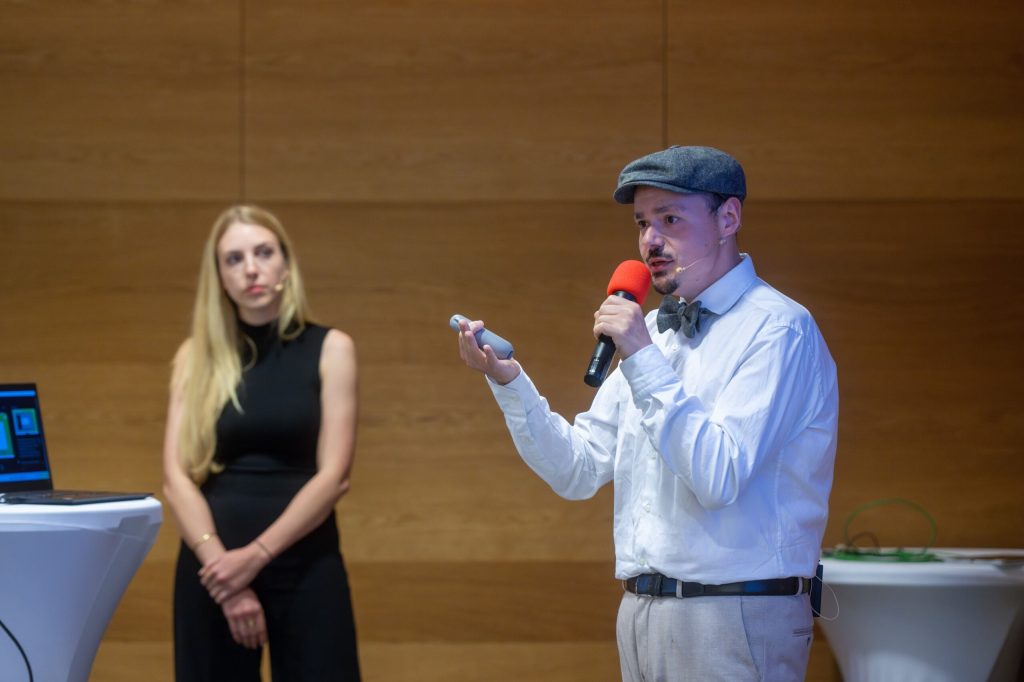

Challenge
CROZ team has been engaged by one of the world-leading providers of transport solutions as well as a provider of industrial and marine engines. We are one of the partners participating in the maintenance and further expansion of their already existing Data Lake project.
“It’s great to see how our work together with CROZ contributes to a better future and supports the environmental work. This is the third project we run together with CROZ and we’re impressed by the broad and deep competence in the team, as well as their flexibility and quick response to new demands.”
-Björn Östman, Services Manager at Middlecon AB.
As part of their continuous goal to shift to a sustainable transport system, we have had a chance to encounter interesting use cases related to environmental efforts. Customer’s CO2 emissions are a main environmental impact and the area where the customer
can contribute to sustainable development, especially due to their commitment to reducing emissions throughout the entire value chain. Importing and analyzing data like the type of transported cargo, the amount of fuel that the vehicles are using, route information, and many more, it is possible to calculate the CO2 emissions and help achieve carbon reduction targets in the long term. Other uses of gathered data are also in place – for example, drivers’ education on how to cut fuel consumption and make their driving eco-friendlier.

Solution
The CROZ team is working on these and other use cases, together with the customers’ experts, participating in daily operation and support tasks on the project, and, more importantly – on the setup of new data flows and getting the data both into and from the Data Lake. From the technological perspective, there are many tools and technologies in use. The Data Lake itself is based on Hortonworks Data Platform (for now). There are multiple tools used to load data into the Data Lake, namely DBImport, HVR (a CDC implementation), and NiFi to name a few. They are connected to various data sources like multiple relational databases, Active Directory, file shares, Kafka, and many more.
The gathered data is generated worldwide by our customer – from standard financial data to the IoT data generated by the vehicles themselves. After import into the Data Lake, the data can be processed, analyzed, and finally distributed to interested parties in the organization. CROZ team cooperates with the customer using methodology and best practices to continue to retain a sustainable and extensible.
Data Lake architecture with Data Governance in mind. Reducing emissions is crucial for combating climate change. This project exemplifies the power of data analytics in understanding environmental impact and driving positive change. CROZ is honored to contribute to this vital initiative and empower the transport industry towards a greener future.
Industry
Tags
Falls Sie Fragen haben, sind wir nur einen Klick entfernt.







